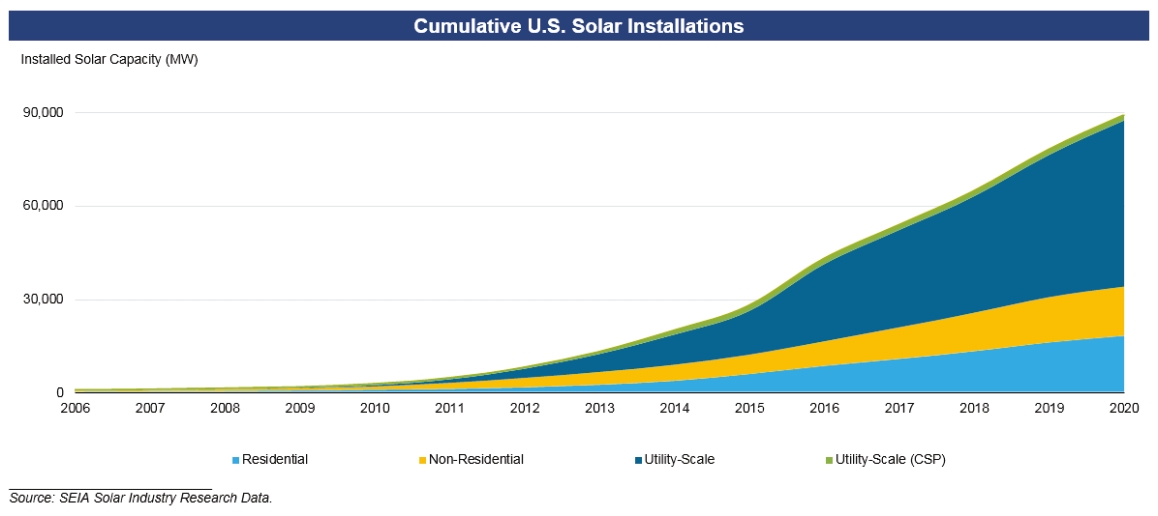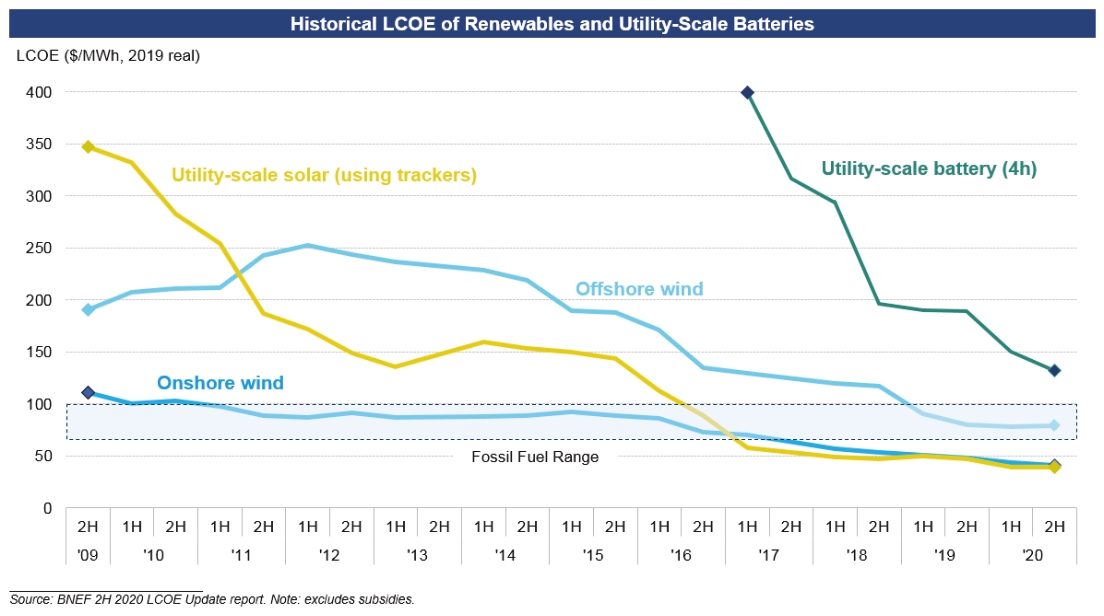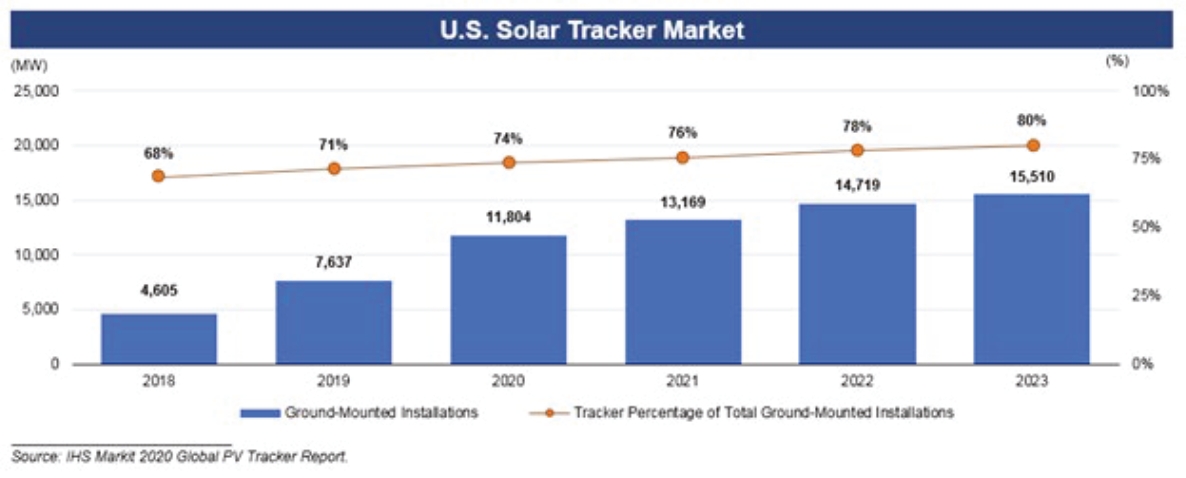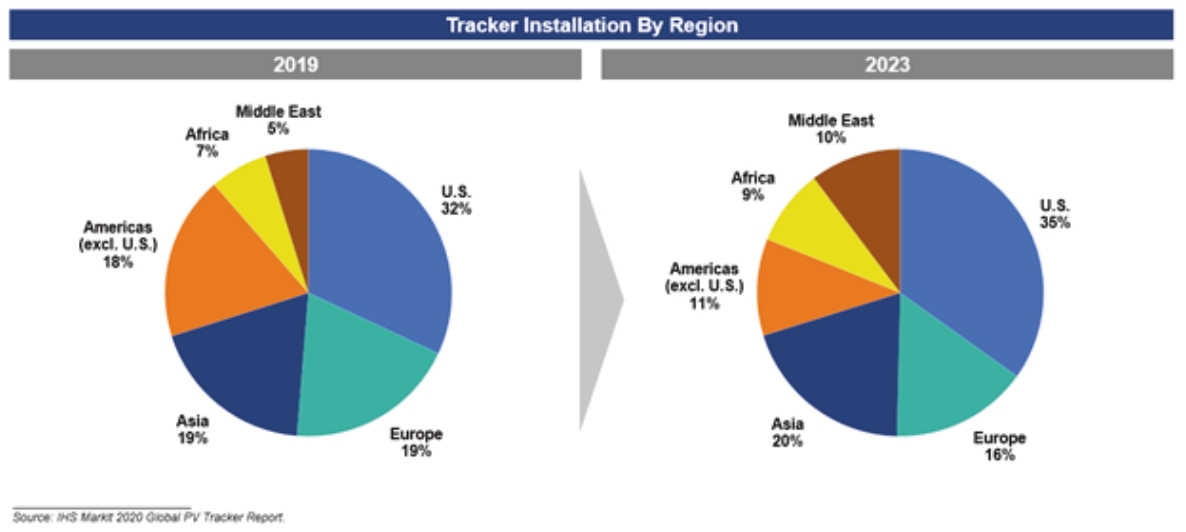However, by the end of 2020, we had qualified suppliers outside of China for all our commodities and reduced the extent to which our supply chain for U.S.-based projects is subject to existing tariffs, as we have entered into partnerships with manufacturers in many other countries worldwide that will be able to independently supply our U.S. customers.
Changes in tax laws or regulations that are applied adversely to us or our customers could materially adversely affect our business, financial condition, results of operations and prospects.
Changes in corporate tax rates, tax incentives for renewable energy projects, the realization of net deferred tax assets relating to our U.S. operations, the taxation of foreign earnings and the deductibility of expenses under future tax reform legislation could have a material impact on the value of our deferred tax assets, could result in significant one-time charges in the current or future taxable years, and could increase our future U.S. tax expense, which could have a material adverse effect on our business, financial condition, results of operations and prospects.
We could be adversely affected by any violations of the FCPA and other foreign anti-bribery laws, as well as of export controls and economic sanctions laws.
The FCPA generally prohibits companies and their intermediaries from making improper payments to foreign government officials for the purpose of obtaining or retaining business. Other countries in which we operate also have anti-bribery laws, some of which prohibit improper payments to government and non-government persons and entities. Prior to the completion of this offering, we will adopt policies that mandate compliance with these anti-bribery laws. However, we currently operate in and intend to further expand into, many parts of the world that have experienced governmental corruption to some degree and, in certain circumstances, strict compliance with anti-bribery laws may conflict with local customs and practices. In addition, due to the level of regulation in our industry, our entry into certain jurisdictions requires substantial government contact where norms can differ from U.S. standards. It is possible that our employees, subcontractors, agents and partners may take actions in violation of our policies and anti-bribery laws. Furthermore, we are subject to rules and regulations of the United States and other countries relating to export controls and economic sanctions, including, but not limited to, trade sanctions administered by the Office of Foreign Assets Control within the U.S. Department of the Treasury, as well as the Export Administration Regulations administered by the Department of Commerce. These regulations may limit our ability to market, sell, distribute or otherwise transfer our products or technology to prohibited countries or persons. Any violation of such laws, even if prohibited by our policies, could subject us to criminal or civil penalties or other sanctions, which could have a material adverse effect on our business, financial condition, cash flows and reputation.
Risks Related to Information Technology and Data Privacy
Failure to effectively utilize information technology systems could disrupt our business or reduce our sales or profitability.
We rely extensively on various information technology systems, including data centers, hardware, software and applications to manage many aspects of our business, including to operate and provide our products and services, to process and record transactions, to enable effective communication systems, to track inventory flow, to manage logistics and to generate performance and financial reports. We are dependent on the integrity, security and consistent operations of these systems and related back-up systems. Our computer and information technology systems and the third party systems upon which we rely are also subject to damage, interruption or shutdown from a number of causes, including computer viruses, malware, phishing or distributed denial-of-service attacks, security breaches or cyber-attacks, which could lead to delays in our business operations or subject us to liability and, if significant or extreme, affect our results of operations. In addition, any interruption in the operation of our website or information technology systems could cause us to suffer reputational harm or to lose sales.
Unauthorized disclosure of personal or sensitive data or confidential information, whether through a breach of our computer or information technology systems or otherwise, could severely hurt our business.
Some aspects of our business involve the collection, receipt, use, storage, processing and transmission of personal information, including that of our customers’ and end-users of our customers’ solar energy systems, website visitors, employees, contract manufacturers and other third parties. We may collect personal information, including names, addresses, e-mail addresses, credit information, and energy production statistics and consumer preferences, some of which is entrusted to third party service providers. We increasingly rely on commercially available systems,











